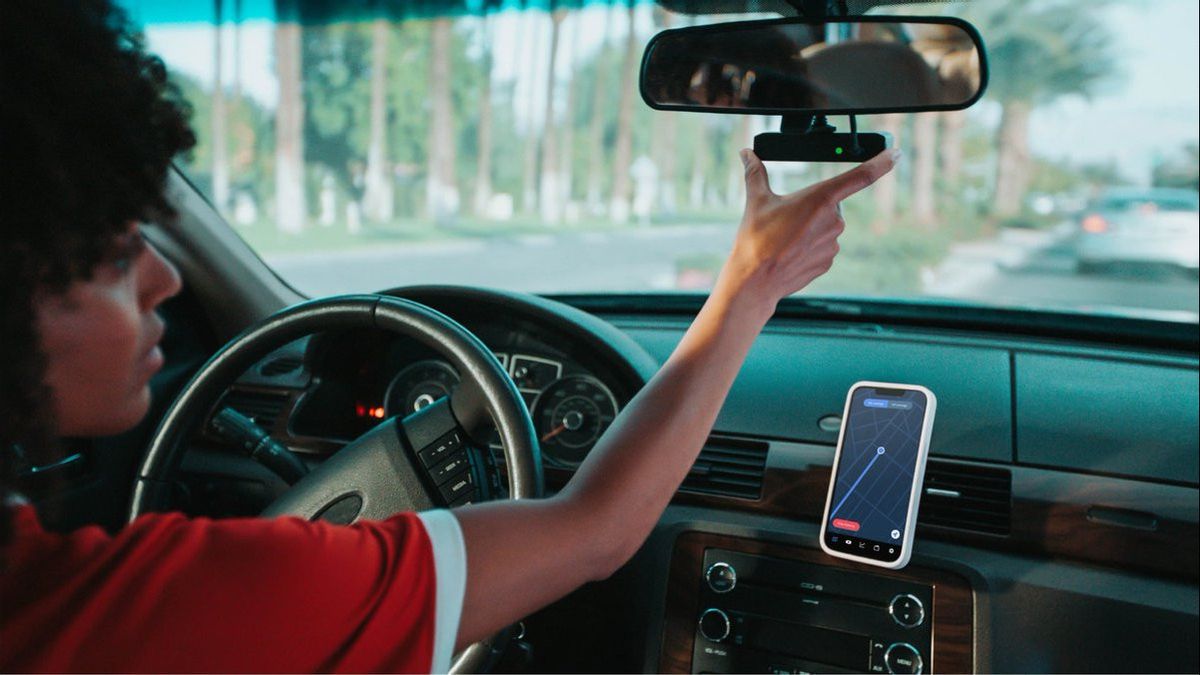JAKARTA Drivers around the world from Thursday, November 3 can generate cryptocurrencies by installing a dashcam and sharing images with San Francisco startups looking to capture some street-level image buyers from Alphabet Inc's Google.
Hivemapper Inc, who announced a fundraising of 18 million US dollars (Rp282 billion) from investors in April, said it had so far sold more than 5,500 dashboard cameras in 66 countries. When drivers record road signs and storefronts, they will print a token named Honey by Hivemapper.
Hivemapper's Chief Executive Ariel Seidman said regulations in the US limited him to discuss how and when Honey could be spent.
It's official 📣 Hivemapper, the @solana-based decentralized global mapping network launches today! Drivers can now begin using the Hivemapper Dashcam to earn HONEY #crypto while contributing to a decentralized map of our world 🌎 https://t.co/i8JUpdG0pP pic.twitter.com/qNoipB31Dl
— Hivemapper (@Hivemapper) November 3, 2022
"Let me be able to tell you. There is a real value being made, and it will be reflected in the token," Seidman said, quoted by Reuters.
The venture reflects projects like wireless Helium data providers seeking to encourage mass participation by leveraging blockchains or other Web3 technologies, as supporters call them.
While some investors, such as Hivemapper supporters, Multicoin Capital, are optimistic about Web3's efforts, skeptical parties are concerned about currency speculation and fraud.
With its camera network, Hivemapper also causes privacy concerns. But Seidman said that his company would obscure faces and number plates, encrypt location data, anonymize users and swear not to supervise.
Google licenses the image of a fleet of vehicles equipped with camera-managed. Hivemapper wants to match Google's quality and reduce it in terms of price.
In comparison, Mapillary, acquired by Meta Platforms Inc in 2020, prompts people to take pictures by phone and dashboard cameras, but without compensation.
The mapmaker HERE, partly owned by German automakers, is evaluating Hivemapper's image for potential use, including for the latest speed limit data. European rules since July require speeding warnings in cars.
In testing in Manila, Hivemapper covered 95% of the road in six months and updated 75% of data every month.
According to the city's chief tech officer, Keith Hanson, one of the early customers was Shreveport, Louisiana, who paid about 7,000 US dollars for the full cover in the limit of the dashcams on the garbage truck. He called it a cheap way to help respond to residents' complaints.
The English, Chinese, Japanese, Arabic, and French versions are automatically generated by the AI. So there may still be inaccuracies in translating, please always see Indonesian as our main language. (system supported by DigitalSiber.id)









